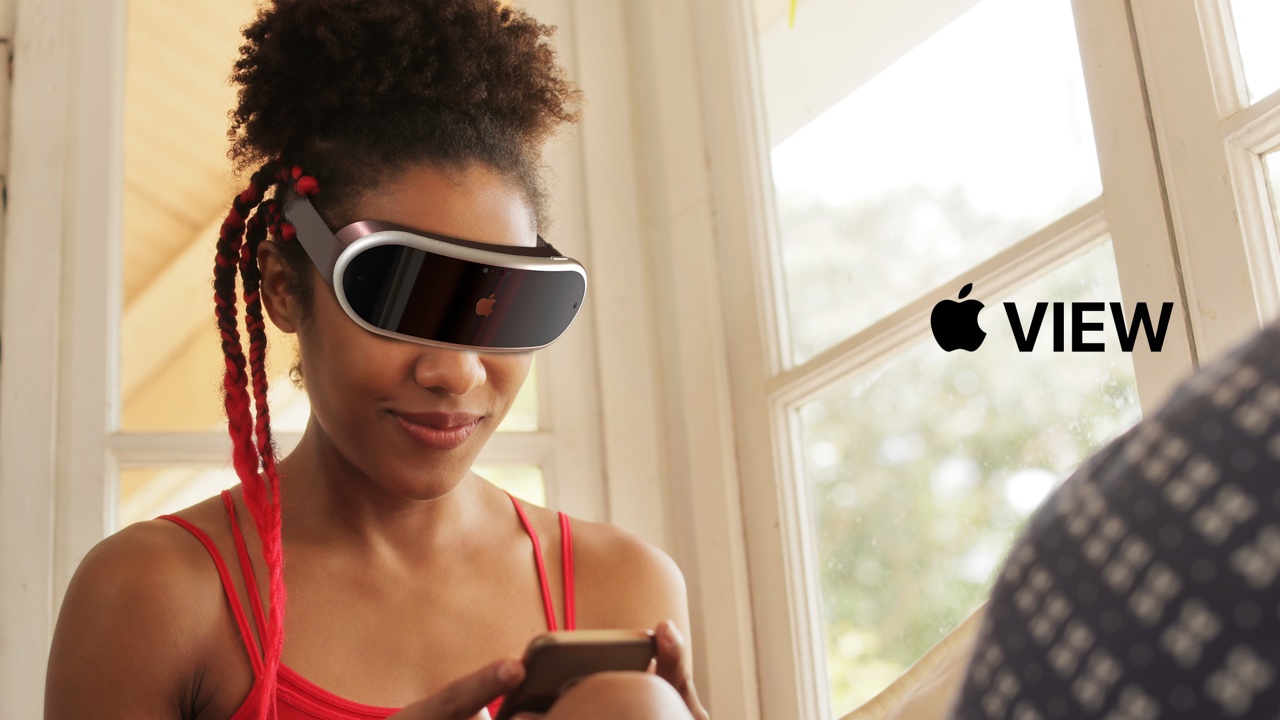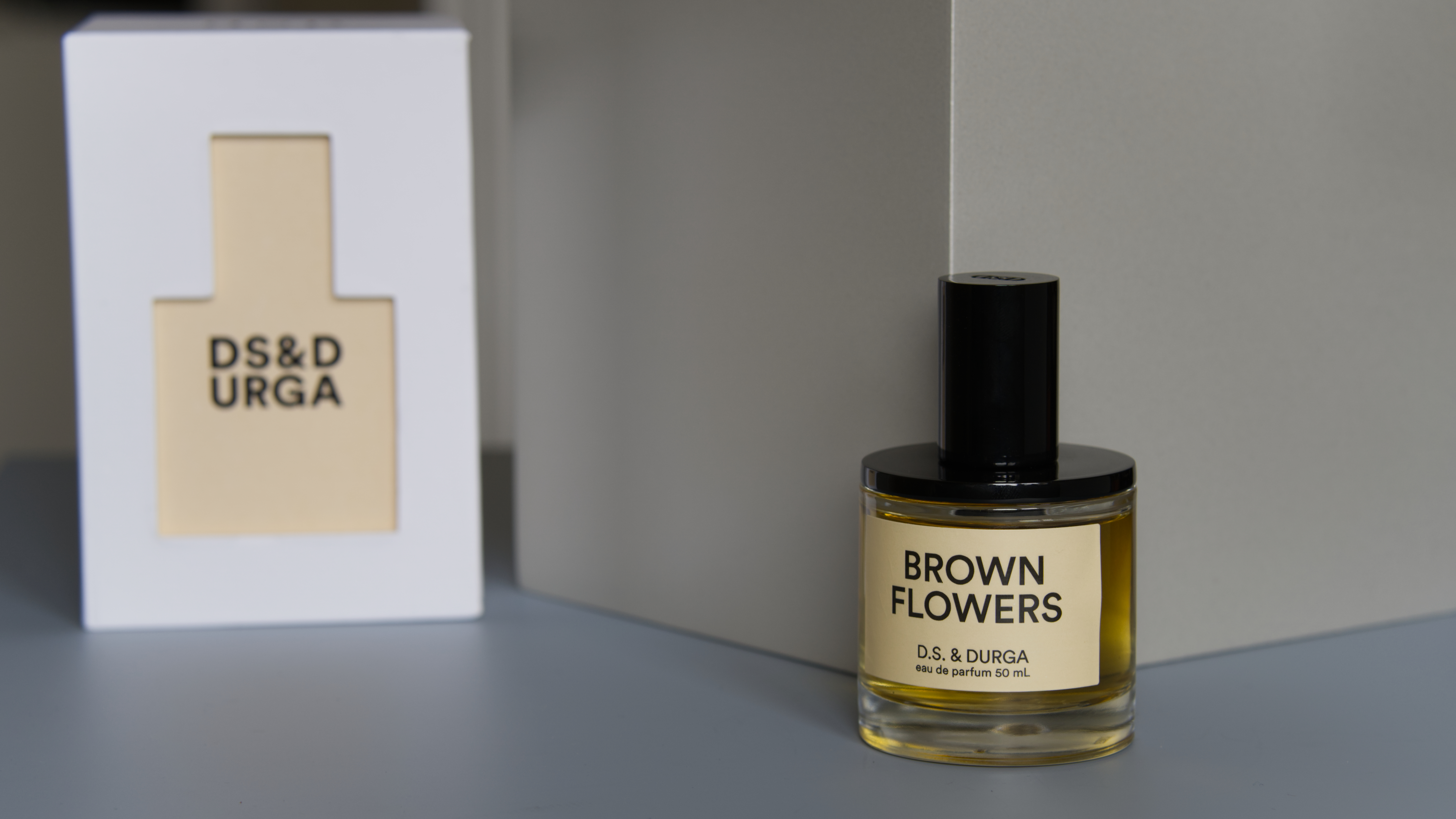

The latest Apple AR/VR headset rumours are very tasty: according to Slashgear, the headset may make it into 2022 after all and with a super-advanced screen – and Samsung may launch its own 'Hologram' AR/VR headset too. It's quite a detailed rumour, and the detail is why I'm not convinced: at least one of the launches relies on display tech that's a bit like flying cars, jetpacks and the end of Facebook – long promised but yet to be delivered. And the other is based on something Samsung doesn't currently have production plans for.
According to "industry sources", both headsets will have powerful processors – the M1, or a variant of it, in Apple's case – and the Apple one will have twin micro-OLED displays.
This isn't the first rumour that's said the same thing, but I wonder whether it's wishful thinking or is actually longer-term plan rather than what we'll see in the first generation headset. Because micro-OLED is really, really hard and expensive to make right now.
Micro machines
The price isn't necessarily an issue for the Apple VR headset, because we're expecting it to cost a small fortune and to be aimed at developers and early adopters anyway. But late last year we noted that micro-OLED screens might go into production for the first time in 2022… in tiny 0.7-inch sizes.
The idea of high-quality micro-OLED displays being available for mass production in Apple's preferred quantities in 2022 seems… unlikely, shall we say high. If micro-OLED were really doable for any big product launch in 2022, we might've expected Sony to put it in the PSVR 2. But it hasn't: it's stuck with regular OLED.
As for Samsung, its VR headset is reportedly powered by an Exynos processor, runs Android, and like Apple's product will focus on augmented reality as well as virtual reality. Samsung has apparently yet to decide when it intends to release the device.
As with the Apple rumour, the Samsung device appears to use a next-generation display technology: according to ETNews.com, the device will have a "hologram" system to make images look as if they really exist. The report says that "Samsung Electronics has been preparing for the commercialization of hologram technology for a long time with Samsung Advanced Institute of Technology." Samsung went into a lot of detail on its hologram display experiments back in 2020, and you can read more about them here.
Sign up to the T3 newsletter for smarter living straight to your inbox
Get all the latest news, reviews, deals and buying guides on gorgeous tech, home and active products from the T3 experts
Samsung is also working with Microsoft on AR, and plans to have two AR tracks: one with its own devices, and one with the devices it makes with Microsoft.
I'm as impatient as the next person when it comes to AR: I'm really excited by the possibilities and can't wait to see what the big guns of tech from Apple to Sony and Samsung are doing with it. But I think there's likely to be a gap between what I want and what the firms can actually deliver this year: as much as I'd like to use my micro-OLED AR headset in my self-driving flying car, I probably shouldn't expect to be doing any of that this year.
Writer, musician and broadcaster Carrie Marshall has been covering technology since 1998 and is particularly interested in how tech can help us live our best lives. Her CV is a who’s who of magazines, newspapers, websites and radio programmes ranging from T3, Techradar and MacFormat to the BBC, Sunday Post and People’s Friend. Carrie has written more than a dozen books, ghost-wrote two more and co-wrote seven more books and a Radio 2 documentary series; her memoir, Carrie Kills A Man, was shortlisted for the British Book Awards. When she’s not scribbling, Carrie is the singer in Glaswegian rock band Unquiet Mind (unquietmindmusic).

